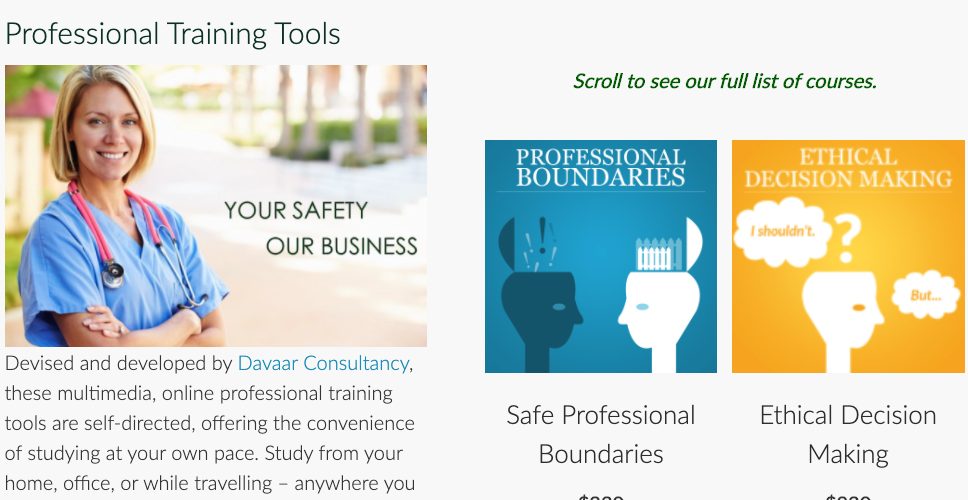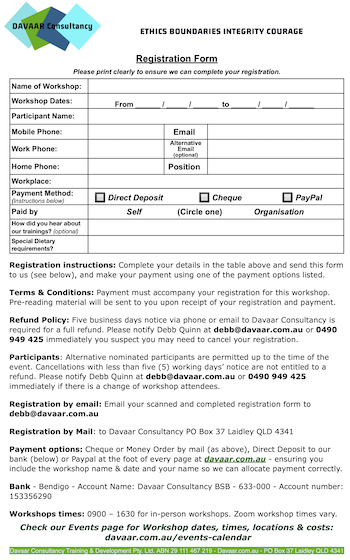Today I thought I would write about feedback, specifically what is known as critical feedback.
I have experienced critical feedback that has had both a positive and a negative impact on me. In reflection what has made the difference has been the delivery style of the individual who has given me the feedback. Where I experienced that the individual giving the feedback actually did have my best interests at the centre of their interaction with me I took in what they said and allowed myself to digest and make my sense of what they were saying. I felt able to approach them later to ask for clarification which also helped me to come to decisions.
Conversely when I experienced judgment, or that the person was doing a job rather than focusing on what was best for me then I became insulted, shamed and angry. A natural course of action for me then was to think up revenge tactics. I seldom carried out those tactics because I knew that the outcome would not be in anyone’s best interest. I may have felt better for a short period of time but I knew that “good feeling” that “justified course of action” would maintain me for a short period of time only.
I also became aware of the cost to me in the time spent on my revenge plans, again as fulfilling as the thoughts may have been for me at the time they also absorbed much of my energy which I could have used more productively in my life.
If you read my last post you will be familiar with the name Peter Bregman. In his 2011 book, 18 Seconds, he offers the following about critical feedback, “critical feedback is helpful as long as it’s offered with care and support. But the feedback that comes from jealousy or insecurity or arrogance or without any real knowledge of you? Ignore it” (p229).
He goes further and offers suggestions to managers – do no harm. A manager’s job is to remove the obstacles that prevent people from making their maximum contribution. Sometimes the harder reality is that managers are the obstacle – seeing problems rather than solutions, standing in judgment of people and their work rather than appreciating qualities that can be built on. A suggestion – observe someone doing 7 things rights before you point out one thing they are doing wrong. Reflect on what difference your change of direction has in assisting others tochange direction.
I also see the benefit in making it a habit for self reflection also. To notice 7 things that you do well each day. Write them down. Read what you have written out loud. Say it enough times and there may well be enough of a neural pathway shift that allows you to experience greater positivity in your life.
I am also enjoying my 60 seconds of delight each day.
What seven things have you done well today? Think about it. Enjoy.



 our registration form
our registration form